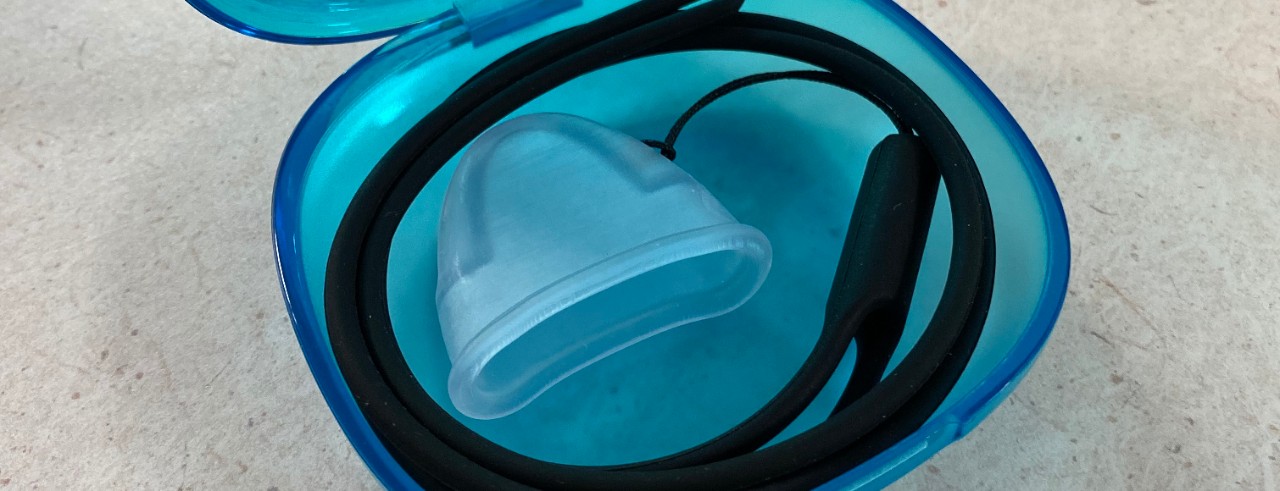
Action News 5: PEP Buddy helps people breathe easier
UC Venture Lab-backed startup aims to help people affected by COPD
A hands-free device developed by researchers at the University of Cincinnati could help the 12.5 million Americans who have chronic obstructive pulmonary disease breathe easier, Action News 5 in Memphis, Tennessee, reported.
PEP Buddy, a UC Venture Lab-backed startup, was created by Muhammad Ahsan Zafar, MD, and Ralph J. Panos, MD.
With COPD, it takes longer for people to get inhaled air out of their lungs. With each breath, extra air is retained in the lungs. This “air stacking” during activities (dynamic hyperinflation) is the primary reason for breathlessness in people with COPD and also leads to decreased oxygen levels.
PEP Buddy gives a gentle back pressure while the user breathes out, which assists in keeping open air tubes in the lungs and preventing them from collapsing. The device also prolongs the exhalation phase and reduces the breathing rate, decreasing the effects of air stacking.
“It’s just simply placed in the mouth, one breath in through the nose, and then out through the device. That resistance to airflow creates the back pressure, which relieves the air trapping and dynamic hyperinflation,” Panos said.
Featured image at top: PEP Buddy device. Photo/PEP Buddy
Innovation Lives Here
The University of Cincinnati is leading public urban universities into a new era of innovation and impact. Our faculty, staff and students are saving lives, changing outcomes and bending the future in our city's direction. Next Lives Here.
Related Stories
Boosting safety in proton therapy for kids
March 3, 2026
University of Cincinnati backed startup, Range Assure, aims to make pediatric proton therapy safer by reducing radiation uncertainty and protecting healthy tissue.
German TV highlights UC expert's ancient Maya discoveries
March 2, 2026
The German television show 'Unsolved Case' talks to a University of Cincinnati expert about ballcourts used by the ancient Maya for a program examining how people used spheres as both tools and toys.
UC studies supplement, therapy alternatives to treat depression
March 2, 2026
Media outlets including Cleveland.com and Cleveland's WKYC News highlighted a new University of Cincinnati clinical trial funded by an approximately $3.5 million grant from the National Institutes of Health’s National Center for Complementary and Integrative Health to test two new nonpharmacological treatments for teens and young adults with depression.
